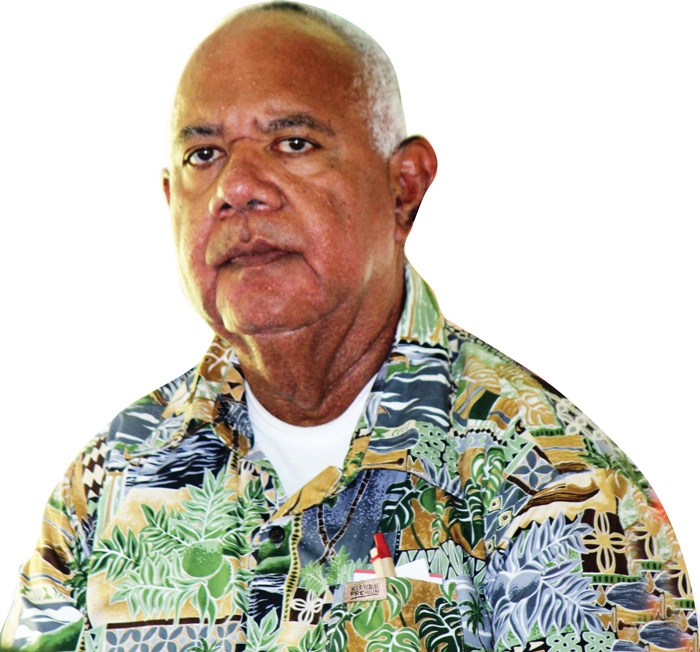THE apparent absence of debate, particularly among the Taukei, is attributed by commentators to ‘a culture of silence’. Open, vigorous public discourse is not yet a feature of Taukei or Fijian society at large. It has been explained in terms of a cultural milieu in which authority and communal structures coalesce to muffle expression.
While media controls and self-censorship have not helped, it is the epistemology, ways of thinking, of the Taukei that invites closer scrutiny. ‘Silence’ does not necessarily mean consent. It is the lack of oral and written expression about issues passing for acquiescence. From the colonial era to the present, Taukei took refuge in silence until the political climate improved.
Social media (Facebook, Twitter, blog sites etc.) represent a contemporary variation, allowing disaffected Taukei to express opinions anonymously. An assertive few, on opposing sides of the divide, eschew such inhibitions in that virtual world. Safe haven notwithstanding, it is outside the wider public domain. Sanctuary afforded by ‘silence’ comes at a price: uncontested interpretations of issues and events become historical truth and received wisdom. Reluctance persists among Taukei to ventilate issues of interest openly whether the traditional system, sustaining Taukei culture, the Taukei language, qoliqoli, the protection of land or the status of indigenous people post-December 2006.
It is compounded by several factors. Blood and kinship ties remain significant. Personalities matter more than issues. Opinions are an extension of the person and difficult to separate. And the ubiquity of connections renders security in numbers of larger societies meaningless.
…..to read more buy your personal copy at
